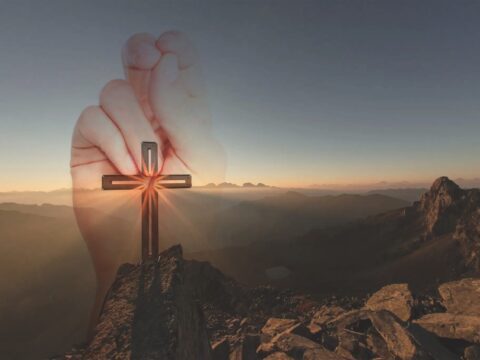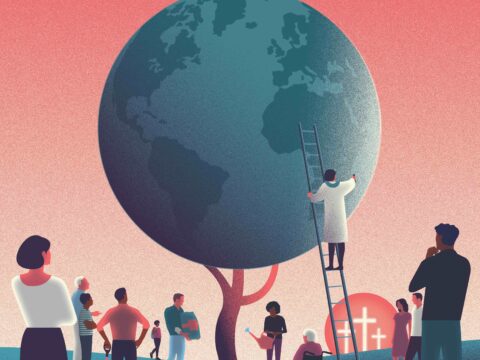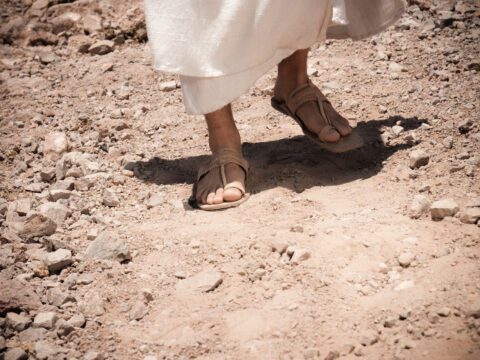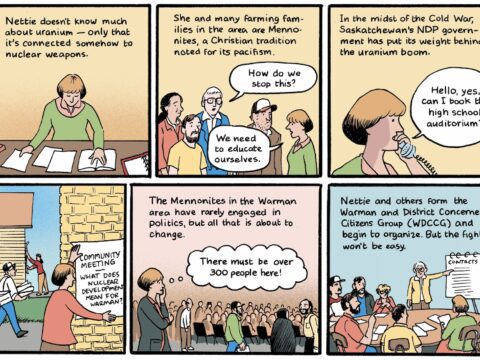As a second-generation residential school survivor, adopted out shortly after birth in the Sixties Scoop, I am one of many who have spent my life dealing with abandonment, rejection, confusion and trauma. And thanks to decades of unjust government policies, present-day Indigenous peoples have been left to pick up the pieces of our lost languages, cultures, families and traditions. It insults me, then, to see that our collective pain is being used for profit.
The case of the “pretendian” — a person who falsely claims Indigenous heritage — has made national news over the last few years. High-profile race-shifters include novelist Joseph Boyden, actor and filmmaker Michelle Latimer, health expert Carrie Bourassa and American artist Gina Adams. Last October, professor and former judge Mary Ellen Turpel-Lafond was the subject of a CBC investigation that seemed to debunk her claims of Cree ancestry. Almost three months later, she was no longer employed by the University of British Columbia. The school did not say why.
The standing of those exposed shows the possibilities of being a pretendian: career opportunities, grants, awards, esteem.
What’s more, Indigenous people have trusted these individuals. We elevated them because they worked hard and said the right things. They walked like us, talked like us and prayed like us. They saw us for who we are: beautiful, wise and with a deep connection to the land and the water.
Unfortunately, seemingly no one checked on their claims of Indigeneity until recently. The idea that people might steal an identity was out of the question.
Of course, these revelations have left many of us shaken and outraged — to be used as a prop in someone’s career ambitions is a repugnant violation. After Adams’s resignation from the Emily Carr University of Art + Design in Vancouver, the school declared that it will take on an Indigenous-led external review to “make recommendations for how we assess identity in a culturally appropriate way when hiring for positions designated for Indigenous candidates.” Better late than never, I suppose.
More on Broadview:
- This is what’s missing from land acknowledgments
- Alberni Indian Residential School survivors react to potential unmarked graves
- Why this B.C. river is key to protecting Witsuwit’en culture
Nowadays, I understand who I am, where I come from and who my biological family is, all while having the love of my adoptive family. But it took support to get here. Part of my healing includes people who have given me various opportunities and encouraged me to pursue that good life. Reconnection is a critical journey, and I have been fortunate to discover resources that aim to improve my well-being.
I would never wish the darkness of addiction, depression and suicidal ideation upon anyone. I feel for members of the Sixties Scoop who have had their lives upended, only to watch, years later, as unscrupulous impostors steal opportunities designed to help actual Indigenous people achieve their potential.
Pretendians do not deserve to tell our stories or speak on our behalf. They don’t deserve to be protected by institutional elites who defend their fraud, either.
***
Mike Alexander is an Anishinaabe writer and artist from Swan Lake First Nation in Manitoba, now living in Vancouver.
This piece first appeared in Broadview’s April/May 2023 issue with the title “Identity theft.”















I have a question that I hope someone can answer and, for me it is a legitimate question. Barack Obama was considered to be black. However, he had one black parent and one white parent. Why, then, was he considered black? When it comes to indigenous people, what percent of one’s parenthood or ancestry denotes a person as being indigenous? Ancestry is an interesting thing. In doing my family tree I’ve come to the conclusion that we are all related to one another if we dig deeply enough. I hope my question is taken seriously and I receive a reply.
We like to divide ourselves into categories, it comes with pride.
If we don’t like where you stand, we throw you into a category that others do not like, or will not sympathize with you.
If a majority do not like blacks, you become black. If a majority think you are prejudiced in your thinking, then you are prejudice in everything you do and say, not just the related topic. This comes from a fallen world where we believe lies as though they were the truth.
Galatians 3:27-28 addresses this very issue of our conditions being the same in God’s eyes. (We must note that it addresses Christians not humanity as a whole.) But the principle is the same.
One does not need to dig deep for a common ancestry, 1 Corinthians 15:45 “So it is written ‘The first man Adam became a living being…'”
As Believers we also trace our ancestry to Noah.
Even evolutionist claim we come from one source.
I gave you one in an honest effort. Apparently for some, the truth hurts.